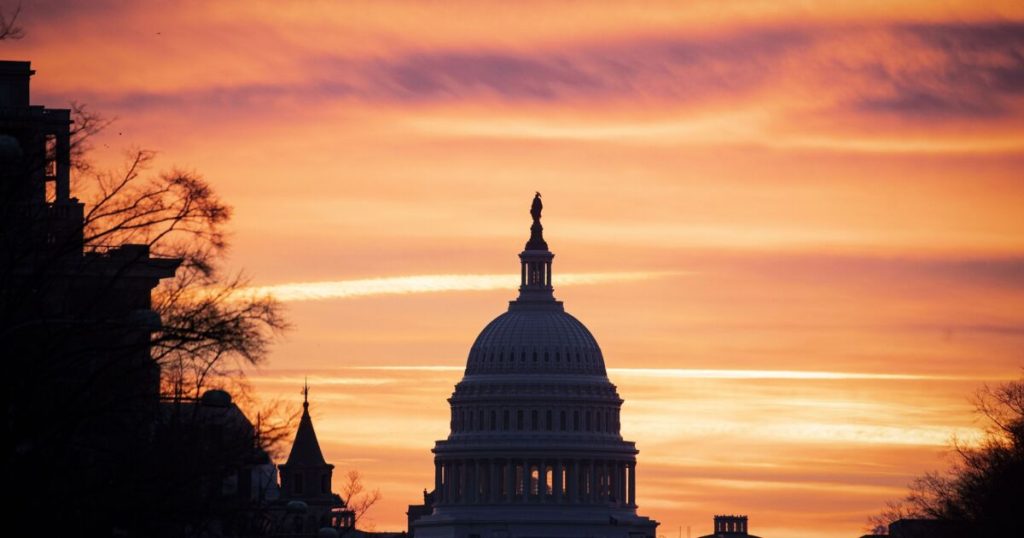Bloomberg Creative Photos/Bloomberg Creative
WASHINGTON — The Ways and Means Committee is considering a number of measures that Republicans say will help offset the cost of extending the 2017 tax cuts that would have deep implications for banking regulation.
Top Republicans are circulating a document, first
Among the items on that list are repealing the orderly liquidation authority held by the Federal Deposit Insurance Corp., which the authors of the document said would save the federal government $22 billion over a decade. The FDIC can “access taxpayer dollars to bail out the creditors of large, ‘systemically significant’ financial institutions,” the document says.
“This increases moral hazard on Wall Street by explicitly guaranteeing future bailouts and is, thus, eliminated under this policy option,” according to the document.
Eliminating the FDIC’s orderly liquidation authority was last seriously considered by Congress in 2017 with the Financial CHOICE Act. That would have replaced Title II of Dodd-Frank with a new bankruptcy procedure.
Many financial crisis veterans argued against the bill, including former Federal Reserve Chair Ben Bernanke, who
Republicans also proposed reducing the Federal Reserve’s dividend payments to big banks, saying that it would save $3 billion in 10 years. The policymakers who wrote the document said that when a Fed bank accumulates a surplus, the Fed is “required to pay out of such a fund to its stockholding member banks dividends for a year in which the current earnings of the Federal Reserve bank are insufficient for this purpose.”
The policy laid out in the document would reduce these dividend payments for big banks, the authors said.
Republicans are also floating cutting a number of funding resources for financial regulators — typically not an issue in budget discussions, as most banking regulators are funded outside of the congressional appropriations process.
The policy would eliminate mandatory funding for the Consumer Financial Protection Bureau and subject it to annual appropriations. The CFPB’s unique funding structure — where it requests and receives its annual funding directly from the Federal Reserve — has been a
The policies laid out in the document would also revise the funding structure for the Office of the Comptroller of the Currency, the National Credit Union Administration, FDIC, CFPB and Office of Financial Research. The Fed would also have to follow the payscale that the rest of the federal government uses, rather than its own pay and benefit arrangements.
Industry assessment
s — the fees that banks pay to these regulators — would be rerouted to the Treasury under one proposal, and Congress would appropriate one year of funding for each of the agencies. The Republican authors of the document also suggested eliminating the Office of Financial Research, an agency created by Dodd-Frank meant to provide research for the Financial Stability Oversight Council but that has been less active in recent years but that some Democrats have
The document also proposes subjecting credit unions to federal income tax, a move that would please the community banking industry, which has long complained that small banks are on an uneven playing field from credit unions. That would raise $30 billion in a 10-year period, the document says.
The proposals laid out in the document represent the universe of options Republicans are considering, rather than a completed set of priorities, rendering the prognosis uncertain for any one of those proposals to be enacted. Even so, the document gives bankers an advance look at what kinds of ideas are on the negotiating table as lawmakers approach a fast-moving debate over tax
“Most of the offsets have come up before, but Congress failed to enact them because of political opposition,” said Cowen analyst Jaret Seiberg in a note. “It is why we believe this list is worth monitoring, but it is premature to view any as likely to be adopted.”

